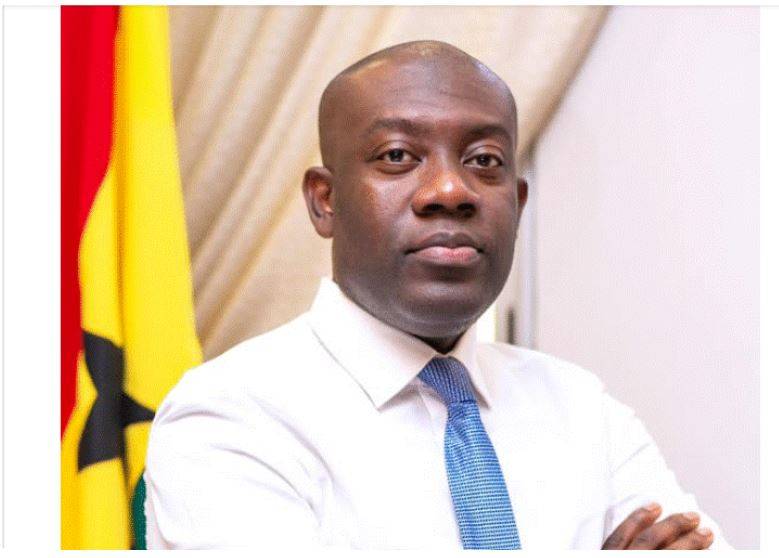Ghanaian Member of Parliament for Ofoase Ayirebi, Kojo Oppong Nkrumah, is
urging President John Dramani Mahama and fellow African leaders to step in and
shield their economies from the potential harm caused by the newly imposed
United States import tariffs. The warning comes in response to the announcement
by U.S. President Donald Trump, who recently introduced a 10% tariff on goods
imported from Ghana, along with even steeper rates targeting other countries.
The tariffs, which include a 34% duty on imports from China and 20% on goods
from the European Union, have raised serious concerns among African
policymakers and stakeholders. In Ghana, political leaders are beginning to
express strong opposition, calling for immediate diplomatic interventions to
protect the country’s economy and its people.
Kojo Oppong Nkrumah shared his concerns on social media, highlighting the
urgency of the matter. According to him, although efforts by some Ghanaian
ministers to engage the United States Ambassador are commendable, more must be
done at the presidential level to prevent economic damage. He stressed that
President Mahama and other African heads of state need to take up the issue
without delay. He stated that while the engagement by ministers with the U.S.
ambassador is a positive start, it is not enough to resolve a situation of this
scale. In his post, he pointed out that now is the time for collective and
strategic action.
The Minister for Foreign Affairs, Samuel Okudzeto Ablakwa, also took
immediate steps by inviting the United States Ambassador to Ghana, Virginia
Palmer, to a meeting to discuss the situation. The meeting was scheduled to
take place on Monday, April 7. According to a statement by Ablakwa posted on X
(formerly Twitter), the purpose of the meeting was to gain insight into the
reasons behind the tariff and seek possible solutions to mitigate its impact on
Ghana’s trade and economy. Ablakwa believes this discussion will help Ghana
understand the rationale behind the decision and potentially chart a course
forward that limits damage.
Trade and economic experts have begun weighing in on the development,
offering perspectives on what the new tariffs could mean for Africa as a whole.
Dr. Fareed Arthur, the immediate past National Coordinator of the African
Continental Free Trade Area (AfCFTA), believes that this development should
serve as a wake-up call for African countries. In his view, this is a chance
for African economies to reevaluate their trade policies and look inward. He
sees the tariff as an opportunity for Africa to reduce over-dependence on
foreign markets and to fully take advantage of its 1.4 billion population
through stronger intra-African trade under the AfCFTA framework.
The recent tariff implementation has already started to cause unease among
business operators, especially those who depend on trade between Ghana and the
United States. Local exporters and importers fear a rise in costs that could
affect prices on the Ghanaian market. With the 10% increase in import duties,
several industries could face pressure, especially those relying on equipment,
materials, or goods from the U.S. Some businesses have already started
re-evaluating their supply chains in anticipation of the potential rise in
operational costs.
Beyond Ghana, the Trump administration's decision has drawn criticism and
concern from global trading partners. Countries like China, Canada, and members
of the European Union are preparing to respond with similar trade measures.
This escalation of trade restrictions threatens to increase global tensions,
affecting economies across continents.
The African Union and other regional trade bodies are expected to closely
monitor developments in the coming days. While some African leaders may see
this as a political maneuver from Washington, others are choosing to focus on
long-term strategies that reduce reliance on unpredictable external markets.
As reactions continue to emerge, one thing remains clear: the recent
announcement by the United States has created a new challenge for African
economies. For Ghana, strong leadership and diplomacy will be needed to
navigate the uncertain path ahead. With pressure building on President Mahama
and other African leaders, all eyes will be on how the continent responds to defend
its trade interests while protecting its growing economies from external
shocks.




No comments yet
Be the first to share your thoughts!